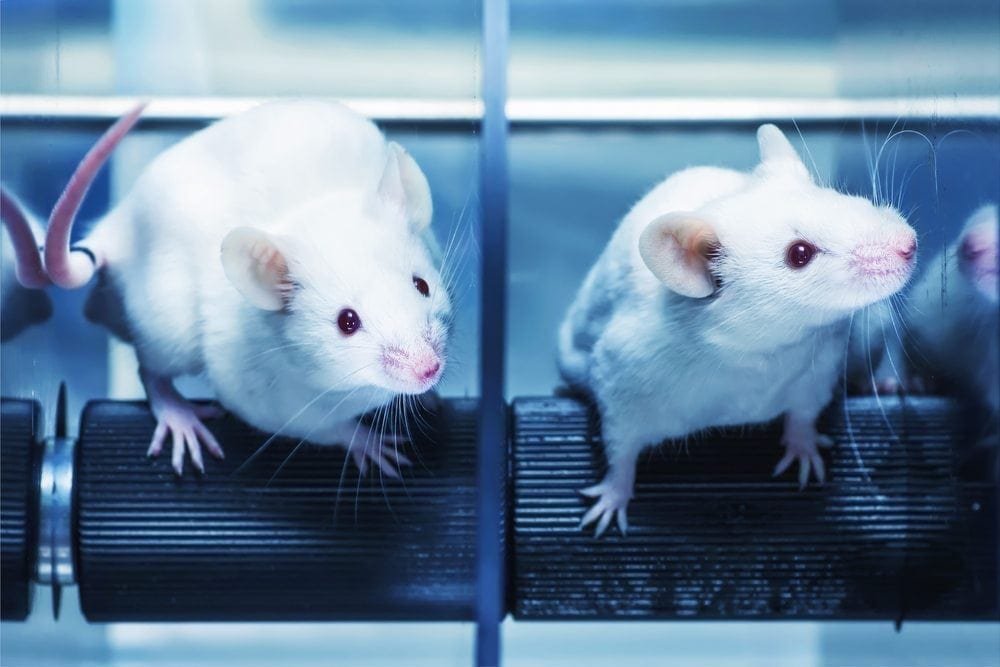UK shortlist
The following UK individuals and organisations have made it onto the shortlist:
People for the Ethical Treatment of Animals (PETA) (Lobbying)
Reducing animal testing due to REACH (European chemicals testing regulations) through: intervening in appeal cases before the ECHA (European Chemicals Agency) Board of Appeal; lobbying ECHA, the European Commission, and the European Parliament and submitting a successful complaint against ECHA to the European Ombudsman.
Oxford Centre for Animal Ethics (Public Awareness)
The Centre pioneers ethical perspectives on animals through academic research, teaching, and publications. Its 2015 report, backed by more than 150 academics, intellectuals and writers, calls for the ‘de-normalisation’ of animal experimentation, recognising it as ‘one of the major moral issues of our time’. This report was followed by an academic Summer School on the Ethics of Using Animals in Research.
Prof Michael Coleman, Aston University (Science)
Adapting the NTERA human teratoma cell model as the most relevant and realistic platform for human neurotoxicological study.
The COSMOS Project (Science)
Developing computational alternatives for repeat dose toxicity, centered on cosmetics materials.
Blanca Rodriguez, University of Oxford (Science)
The Computational Cardiovascular Science research group investigates the different response of human hearts from different persons to pharmaceutical compounds and potentially toxic substances using experimentally calibrated computational models of the heart.
PETA International Science Consortium Ltd. (Training)
Minimising animal testing under REACH (European chemical testing regulations) through a series of scientific webinars and face-to-face training sessions for regulators, company representatives and contractors.
Global award
The £250,000 prize money is divided equally between five categories: Public Awareness, Science, Training, Lobbying, Young Researcher and Black Box. The Black Box prize will be awarded to a key breakthrough in human toxicity pathways research.
‘It is truly incredible to hear the inspiring stories from scientists and activists from around the world, passionate about replacing outdated animal tests with 21st century humane science. With the inclusion of countries such as South Korea, Ukraine, Belarus and Malaysia in the shortlist this year we can see the global nature of this movement and the Lush Prize itself.’
Craig Redmond, Lush Prize spokesperson
Every year, it is estimated that more than 115 million animals are used in testing laboratories around the world.
Click here to find out more about the shortlisted nominations for the Lush Prize 2015. Details of last year’s prize winners can found here.
 Play Video about This Rock Might Just Save The World
Play Video about This Rock Might Just Save The World Play Video about Play 2 hours of rock
Play Video about Play 2 hours of rock Play Video about Play 2 hours of brook
Play Video about Play 2 hours of brook Play Video about Play 2 hours of sheep
Play Video about Play 2 hours of sheep











































